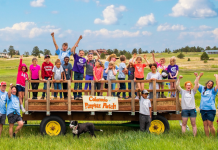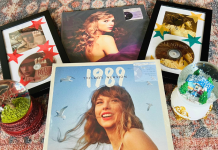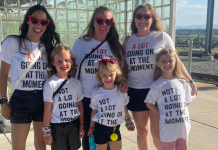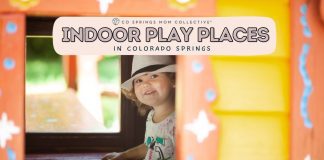As if parenting didn’t feel challenging enough, along came 2020. As a mother of 2 young children and a pediatrician, this year’s events have kept my head spinning both professionally and on the home front. Although the coronavirus may have taken the spotlight, I find myself wrestling even more with the tragic and racially charged events we’ve witnessed this summer. By turning our mommy worlds upside down, the coronavirus has at the very least forced many of us to pause, reflect, and confront the complicated issues of racism and racial identity.
In a world filled with racial bias, how can we do a better job of teaching our children about discrimination and diversity? How can we help ensure they grow up to be accepting of others and themselves? How do we help shape our children into becoming inclusive, aware adults?
Thankfully the American Academy of Pediatrics has offered some guidance with regards to starting and continuing these daunting discussions in an age-appropriate context. The following summarizes a few of these strategies:
It’s Never Too Early
There is evidence to suggest that children as young as 6 months old have the ability to begin noticing differences in race. Around the age of 2, children can start to be unconsciously influenced by a society’s racial biases. By 3-4 years old, these biases can start to influence their choices. For instance, who they pick to play with on the playground or at preschool. Noticing your own child’s developmental progression can be a helpful guide.
Once your child begins to ask questions, avoid deflecting them. Take a proactive approach and help your child discern and understand to the best of their ability. Their inquiries may feel overwhelming or even somewhat awkward, but do what you can to encourage them instead of ignoring them.
In holding a safe space for them to ask questions, you’re teaching your child that it’s healthy and okay to ask questions, allowing them the freedom to learn and further come to appreciate our differences.
Look Inside & Become Their Best Example
How can we become great role models? We have to assume our kiddos are soaking in every nuance of our day-to-day language and behavior. The first and most essential step is to take a good look at ourselves. Strive to confront personal feelings and thoughts, as well as conscious and unconscious biases.
Once identified, we can use that awareness to become more mindful of our behavior and actively work to avoid passing on deeply-rooted negative stereotypes. Then talk about your self-inquiry and development with your children. Especially if you have an older child. Take the opportunity to be honest and share with them the steps you’re taking to overcome personal bias.
Consider This a Marathon
Be prepared to revisit these discussions as your child reaches new milestones. By early adolescence, patterns of thinking with regards to race and diversity start to become more ingrained for many children. It’s important that we are vigilant, working to avoid falling back into old habits of thinking. It’s imperative to remain proactive during this important window.
Exposure is key. Create teaching opportunities to learn about our differences whenever possible and encourage dialogue about issues like racism. There are a myriad of age appropriate books, toys, movies and kid-friendly cultural events to help your family explore, appreciate and celebrate diversity.
Creating awareness allows for positive change. We cannot afford to watch and wait in the background any longer. It’s time to grow and learn together in order to raise a generation of tolerant, open-minded and inclusive children.














